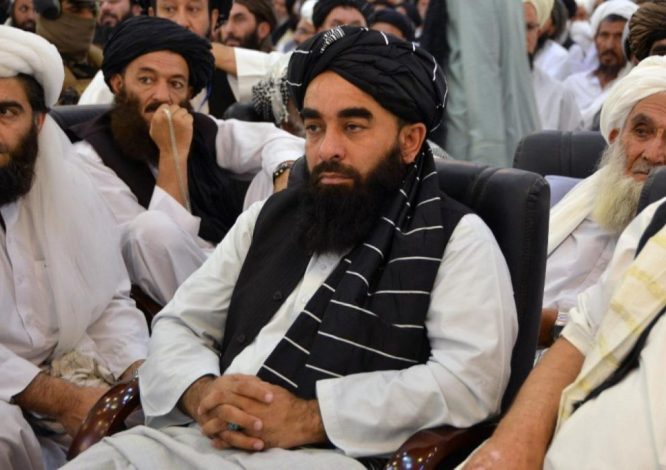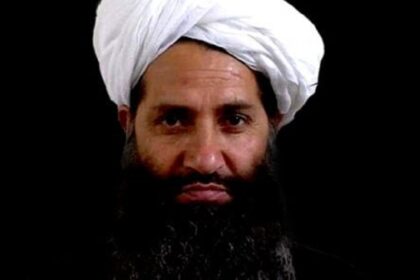RASC News Agency: Zabihullah Mujahid, the head of the Taliban delegation at the Doha meeting, evaded questions from journalist Maryam Rahmati regarding the group’s lack of domestic legitimacy. Mujahid also did not provide answers to questions concerning women’s rights. Faced with reporters’ inquiries in the hotel lobby where the Doha meeting was being held, Mujahid chose to leave the corridor instead of engaging with the journalists.
Suhail Shaheen, a member of the Taliban delegation accompanying Mujahid, claimed that the group has internal legitimacy, stating, “If we didn’t have domestic legitimacy, we wouldn’t have been able to end the occupation.” Critics of the Taliban argue that the group came to power through “a foreign conspiracy” and “intimidation via suicide attacks and bombings,” lacking genuine internal legitimacy. According to these critics, true domestic legitimacy can only be achieved through impartial, nationwide elections, which the Taliban allegedly fear.
Notably, women were not invited to the third Doha meeting, and discussions on women’s issues and human rights are absent from the agenda. Despite the United Nations inviting three Afghanistani women activists to attend, they declined the invitation. Zubaida Akbar, Nabila Mosleh, and Habiba Sarabi were among those who refused to participate.
Afghanistani women have condemned the meeting as a deal with terrorists and have called for its boycott. Women’s movements have issued statements and taken a firm stance against the meeting. Today, Afghanistani women also staged a protest in Islamabad to boycott the third Doha meeting.






